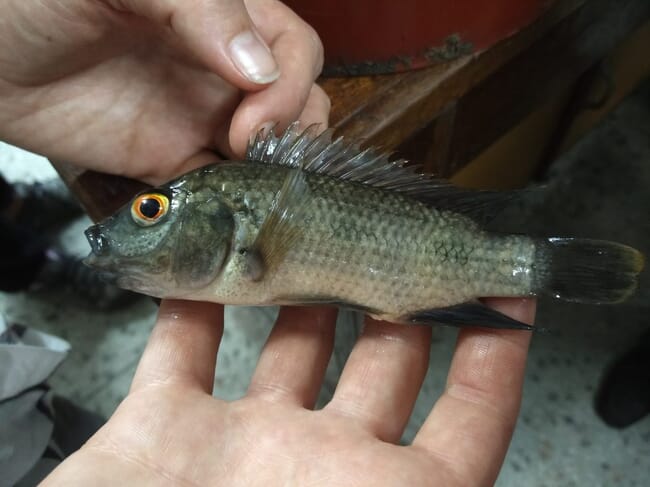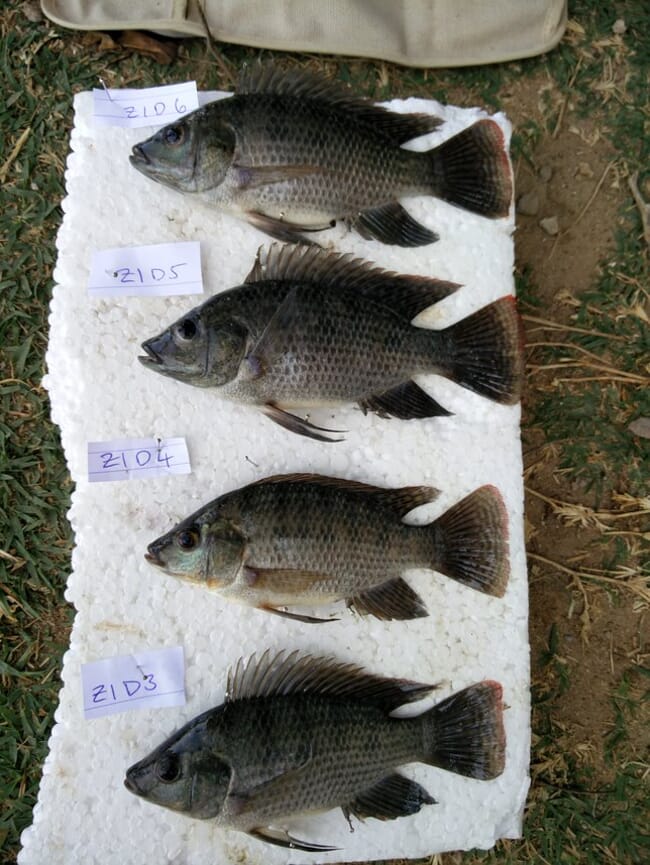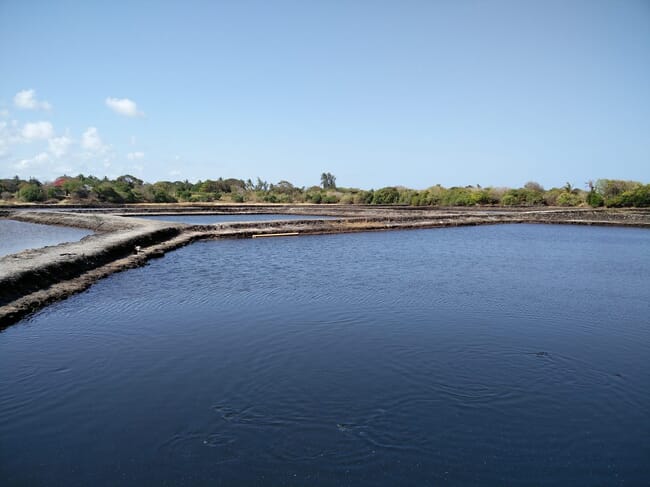Tilapia farming is rapidly growing but is putting stocks of native species – which provide many African fishermen with their livelihoods – at risk, as they are interbreeding with farmed varieties. This is affecting both wild and farmed fish, and has been a growing cause for concern.

The recommendations, which were delivered to Tanzania’s Ministry of Livestock and Fisheries, are based on the findings of research led by Prof George Turner at Bangor University, in collaboration with colleagues at Bristol University, the Earlham Institute at Norwich and at the Tanzania Fisheries Research Institute (Tafiri), funded by the Royal Society, the Leverhulme Trust, the Biotechnology and Biological Sciences Research Council (BBSRC) and the Natural Environment Research Council (NERC).
The seven-year research programme mapped the distribution of native and non-native tilapia species and used state-of-the-art molecular genetic methods to uncover cross-breeding in fish farms and among wild communities, both of which represent a threat to the natural population and to food security.

The next phase of the project, funded by the JRS Biodiversity Foundation, will expand the programme to Kenya, with the aid of a smartphone app for recording distributions, and help to identify pure populations. These can be used to restock fish farms, to help sustain food production both from wild and fish farm stocks and to maintain the wild genetic diversity that can help insure the global industry against threats such as new disease outbreaks.
Prof George Turner explained: “In a country facing rapid population growth, a reduction in fish production as a food source poses a serious threat to the sustainable aquaculture development needed to keep pace with population growth.
“Our results underline the need for aquaculture and capture fisheries policies to protect natural biodiversity and harness its valuable role in promoting food security.”

The paper - Improve capture fisheries using indigenous species – recommended:
- Use only large-bodied native species in wild fisheries to eliminate risk of hybridisation and disease.
- Promote sustainable aquaculture expansion.
- Distribute only hatchery-validated juvenile fish to avoid contamination with small-bodied invasives.
- Promote zoned aquaculture for smallholders, based on species indigenous to the catchment.
- Restrict use of non-native strains to large commercial farms, which have strong biosecurity.
- Make managing biodiversity a priority.
- Promote fish identification skills among fisheries, aquaculture and conservation practitioners.
- Identify and protect ark populations of each indigenous tilapia in Tanzania, to conserve genetic diversity.



